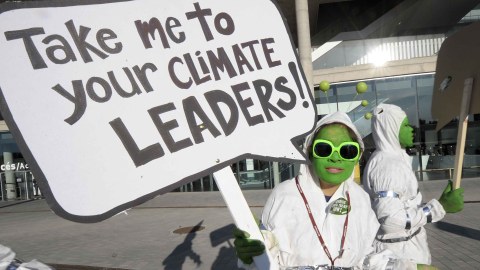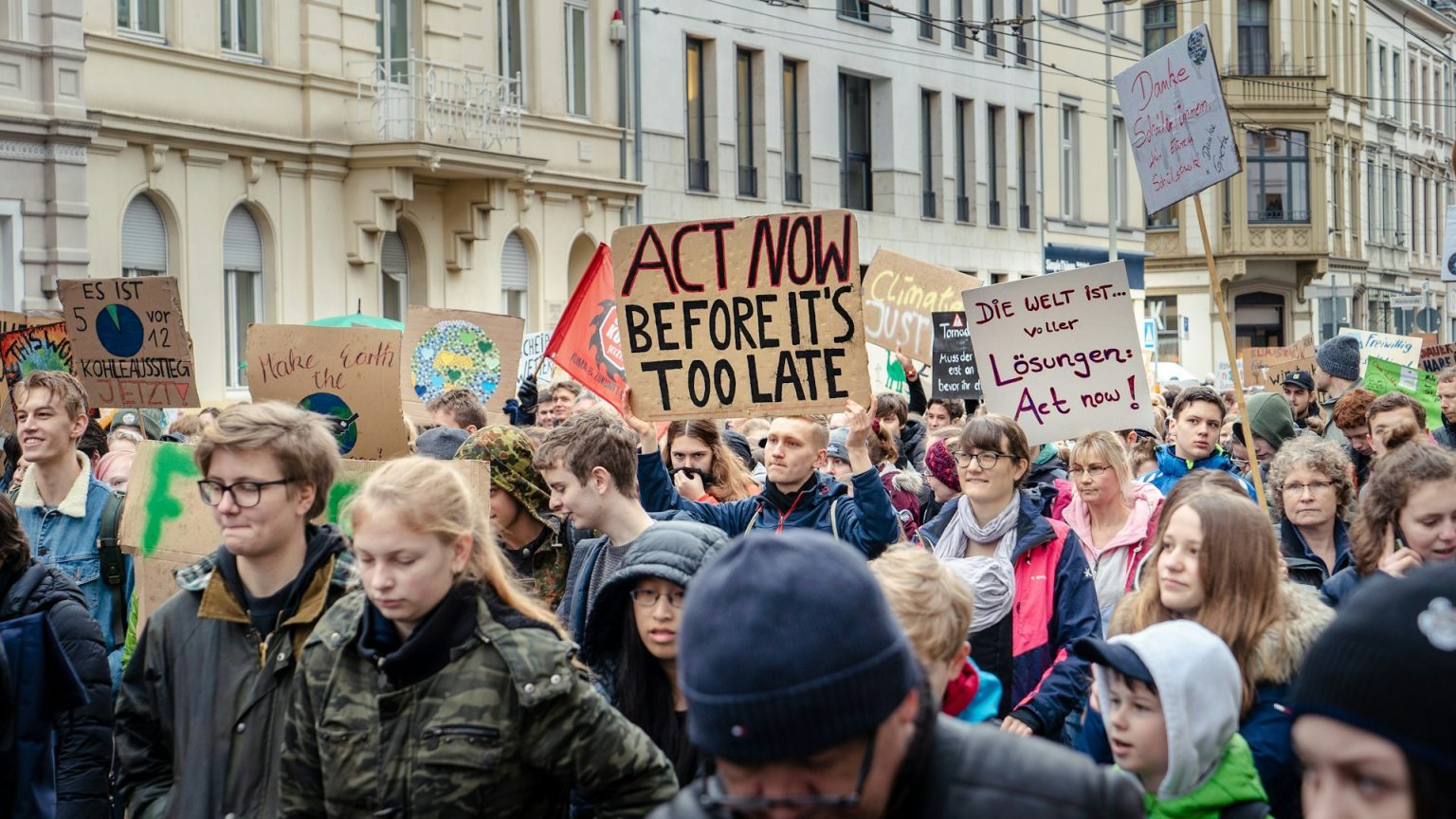United Nations Barcelona Climate Change Talks: Day 2

BARCELONA — The Copenhagen Climate Change Conference will fail to create a legally binding commitment that reduces carbon emissions, according to an assessment made by an American climate organization attending day two of the United Nations’ Barcelona Climate Change Talks.
The dour briefing, given in a beige conference room by members of the Pew Center on Climate Change, seemed to frustrate the many listeners who vocally accused the United States of stonewalling the climate negotiations.
Giving what amounted to an undergraduate civics lecture on American government, the Pew Center explained to its international audience that while American Presidents enjoy substantial domestic and military powers, their authority is vastly more contained when it comes to brokering international agreements.
In other words, blame Congress.
So why does America suffer internal disunity when global cooperation on climate change seems within reach? With the Copenhagen conference just four weeks away, only rapid congressional action could deliver what the world wants from the United States: a binding commitment to reduce carbon emissions.
Given the partisan atmosphere in the House and Senate, however, any immediate passage of substantial climate change legislation would likely come with short-term political costs. And those short-term costs could make more important, long-term emissions goals more difficult to achieve.
(Many attendees of the Climate Change Talks disapprove of how American political concerns appear to trump global ones.
Manik Roy, speaking for the Pew Center, gave five necessary conditions for passing climate change legislation in America.
By all accounts, the Kerry-Graham bill will not reach the Senate floor until well after the Copenhagen Conference. It seems the Senators’ attempt to lay out their arguments in favor of climate change legislation, coming in the form of an October editorial in The New York Times, was too late to be of real consequence.
In the meantime, the US is limited to reducing its carbon emissions through the federal Clean Air Act, a set of laws never intended to combat climate change but retrofitted to the emerging issue of greenhouse gases by the Supreme Court’s decision in Massachusetts v. EPA that they be classified as air pollutants.
Our system of checks, balances, and distributed powers—designed to guard against authoritarian influence—can make political progress frustratingly slow. America has rarely bent quickly under international pressure, and climate change is proving no exception.
As the Copenhagen conference fast approaches, the world is again confronted with that fact.
—




